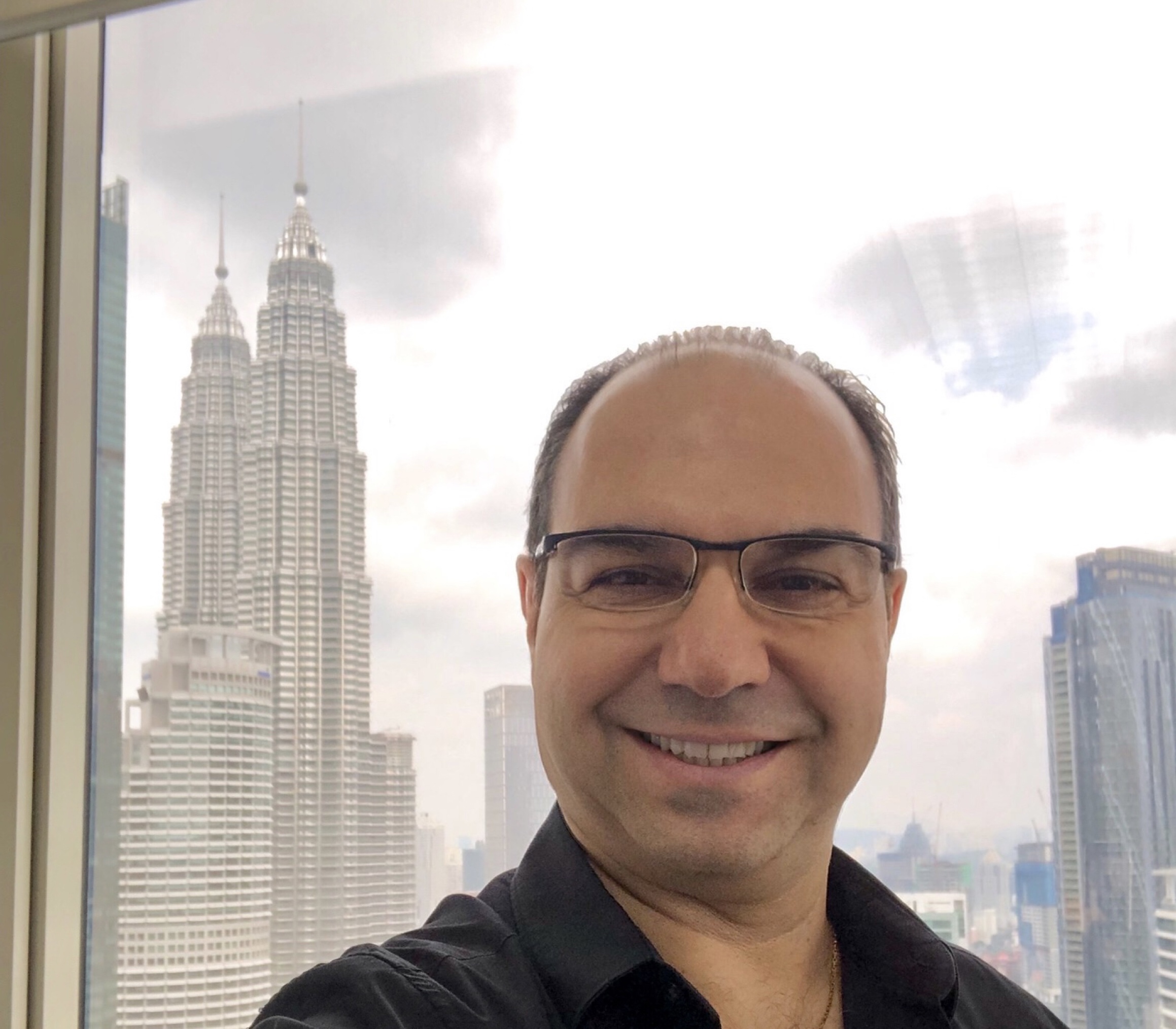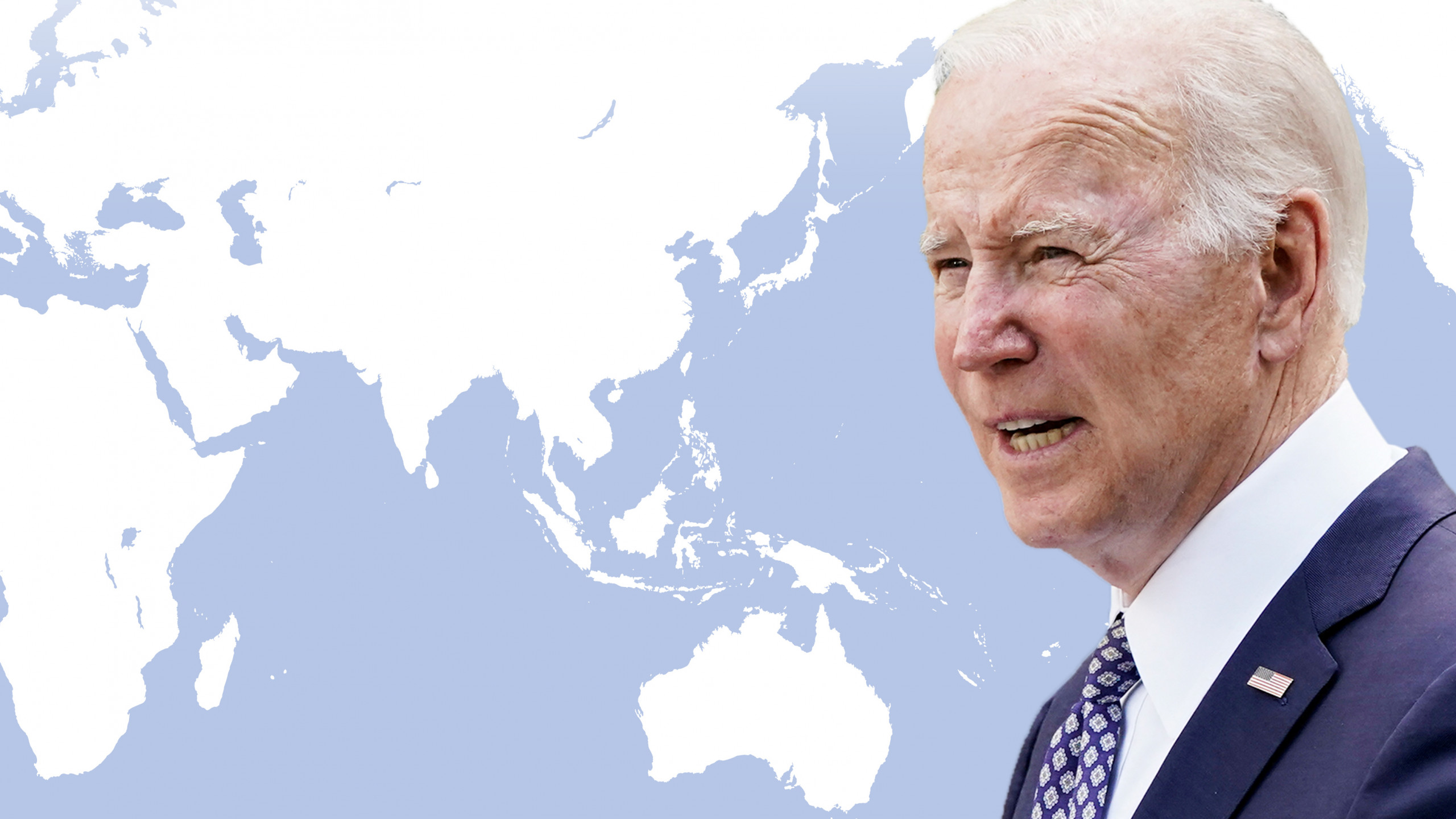ITALY-ASEAN / We begin a cycle of interviews and insights on Italian companies and realities present in Southeast Asia. This interview puts the spotlight on the CEO of Verdevita Sdn Bhd, a consulting company based in Kuala Lumpur, specializing in the design of strategies or companies that aim to penetrate and invest in Malaysia and in the ASEAN markets.
With over twenty years of international experience in management positions, Eng. Rocco Papapietro, CEO and founder of Verdevita Sdn Bhd, is involved in commercial development of Italian and European companies in ASEAN countries.
How and when did your business in ASEAN start?
My first trips to Malaysia date back to 1999. At that time, I was working as Head of Development in Asia of the electronics/automotive sector for a well-known international company. I have held global roles where cross culture was essential, also collaborating with Toyota and Honda in Malaysia. I immediately appreciated the dynamism of Southeast Asia. Trip by trip, I noticed a continuous evolution, clearly visible from the endless construction of skyscrapers and buildings, which changed the skyline of the cities. Given such energy, I imagined the creation of a bridge of knowledge and business between Italy and Southeast Asia. Local companies were very curious and interested in learning Italian know-how. Being passionate about international development, in 2009 I started an exploratory phase and the following year I decided to move permanently to Malaysia, starting a consulting business. I understood that supporting companies directly from Malaysia would be the trump card. So, I founded Verdevita Sdn Bhd in collaboration with a local partner. I am the CEO of Verdevita. It is a company incorporated under Malaysian law, registered with the Ministry of Finance. This allows for easier access to government tenders and incentives. I have been living in Kuala Lumpur since 2010 and the same year I was appointed General Secretary of the Italy Malaysia Business Association – IMBA. Living in Malaysia allows me the direct management of projects and staff, training for partners, continuous updating on incentives, new laws and opportunities in the territories. I don't believe much in remote management, even if the pandemic has forced us to do it through new geometries and dynamics; difficulty overcome thanks also to our fantastic local staff, made up of highly trained collaborators, including Elena Konovalova, Kumaressan Suppiah, Kenneth Karnan, Emanuele Esposito.
Why did you decide to invest in Malaysia?
The initial push was the strong interest in going abroad and getting involved with curiosity and desire to do so. Italy and Made in Italy can count on a very positive image in Malaysia and Malaysia presents, in turn, all the essential elements for the development of a business abroad. It is the third largest market in the world and attracts 11% of global FDI. It comprises different cultures and makes it possible to expand not only in Southeast Asia, but also towards India and China. It is a well-connected country thanks to the presence of 39 airports (5 international airports), and 8 ports, and a key logistics hub for all of Southeast Asia. The favorable exchange rate and the low costs of incorporation for new companies were primary elements, especially compared to other ASEAN realities, such as Singapore, Hong Kong. As well as the low costs of energy, rents in city centers, the wide availability of skilled workers, incentives for digital start-ups and companies, and the possibility of opening regional offices, which is very useful in the exploration and study of the market and local laws. Malaysia enables investment sustainability. This is the concept that encompasses all the reasons for my choice. Furthermore, its role as a bridgehead for expanding into Southeast Asia is getting stronger thanks to a combination of the following factors: strategic geographical position, stable political system (as demonstrated by the last elections and the formation of the current executive), openness to international trade, good infrastructure system (fiber cabling is currently underway throughout the Mid Valley between Selangor and KL; Penang and Johor are landmarks for the electronics industry), excellent quality of life, spread of the English language, and tax incentives. The current government has adopted a strongly pro-business approach, with the aim of encouraging the development of local entrepreneurship. Among other things, with the entry into force of Act 2016 it is possible to establish Wholly Foreign-Owned Enterprise (WFOE) without the presence of a Local Director. An equally important initiative is the launch of the Digital Free Trade Zone to prompt the digital export of local and foreign companies. Malaysia is not only an ideal setting for doing business, but it also has a naturalistic and cultural charm. "Malaysia Truly Asia'' is the motto that best captures and defines the uniqueness of this country, also the diversity of its landscapes, from Langkawi to Borneo with Sipadan. It is a true blessing country.
Has the Malaysian government taken business support measures to face the pandemic crisis?
Yes, Malaysia's Recovery Plan has approved a comprehensive package of measures to stimulate economic growth after the pandemic and business-friendly investment policies. It has also established a double taxation agreement with Italy and includes a hiring incentive program - Penjaya Kerjaya - which aims to reduce unemployment. Those eligible employers will be receiving up to 60% of the subsidy of the total salary.
What are the activities carried out by the Verdevita company?
Verdevita Sdn Bhd is a key part of the Malaysian economic ecosystem. It provides customized consulting services (commercial, administrative, and legal services) to support Italian and European companies that want to start winning projects in Malaysia, Indonesia, China, Australia. We employ local professionals, who are part of our network, and we also take care of finding financial resources for the implementation of our customers' export and internationalization projects. We create a specific market entry project, a business plan shared with the client company, in compliance with local laws, government and market directives. We analyse the needs of the company, evaluating the best integration solution: finding distributors, opening representative offices and/or branches, monitoring the progress of projects with both customers and local players. We also work to reduce internal conflicts, mistrust, and lack of team spirit; if this is missing, it becomes difficult to bring companies to the other side of the world.
We collaborate with important Malaysian government agencies: MIDA – Malaysian Investment Development Authority, in Malaysia and in Italy through the Director of MIDA Milan Mr. Awangku Fiarulnazri, and MARii – Malaysia Automotive, Robotics and IoT Institute, in which I hold the role of Technologies Advisor. In addition to the headquarters in Kuala Lumpur, we are also in China and Australia, with offices in Shanghai and Sydney.
What are the Verdevita company’s prospects?
The future is marked by continuous improvement. We have started a collaboration with the Ca 'Foscari University of Venice, through the internship agreement to be started in ASEAN, to make our contribution to strengthening the professional skills of young people and to train future managers. We will carry out a new project in the State of Sarawak for the integration of telecommunications and digital connectivity. We are setting up the UNITI Association with the aim of involving Italians living in Asia and Oceania to promote the culture and beauty of Made in Italy. Since the Malaysian government is encouraging the attraction of companies in the automotive sector, we are planning - together with MARii - the foundation of an Academy in collaboration with the Motor Valley of Emilia-Romagna. The opening of the Jakarta office is near. Finally, we are working on a Malaysian Ministry of Transport’s project for the improvement of road safety and the reduction of accidents through telematic tools, with the support of the Viasat Group, to introduce Italian technology into the Malaysian economic framework.
The best sectors to invest in Malaysia.
Technology represents Verdevita's core business, but other winning sectors are Oil & Gas, petrochemicals, telecommunications, digital, healthcare, automotive, engineering production, manufacturing sector. Malaysia also for the procurement of raw materials: palm oil, petroleum and derivatives, latex.
In conclusion, what do you recommend to Italian companies interested in internationalization?
Exports affect the performance of companies, which are more proactive and innovative, and increase their entrepreneurial skills. I believe it is necessary to understand and enhance the positive impacts of export projects on the innovation and growth capacities of companies and personnel, as these are the stimulus for the spread of a global culture and healthy competitiveness. Italian companies have a lot to give. We must leave behind distrust and increase curiosity because there are not only obstacles, but also opportunities. Export and internationalization also mean an exchange of cultures and business growth, not just sales abroad. These projects must start from the company leaders and drivers, so the involvement is felt by all the parts of the company. It is essential to be aware of your own entrepreneurial activity and use funding for internationalization, not always put the company in a wait-and-see attitude. In the coming years, also thanks to the funds that will come from Europe, it will be necessary to train companies to export. Let’s make Italian companies be citizens of the world.






